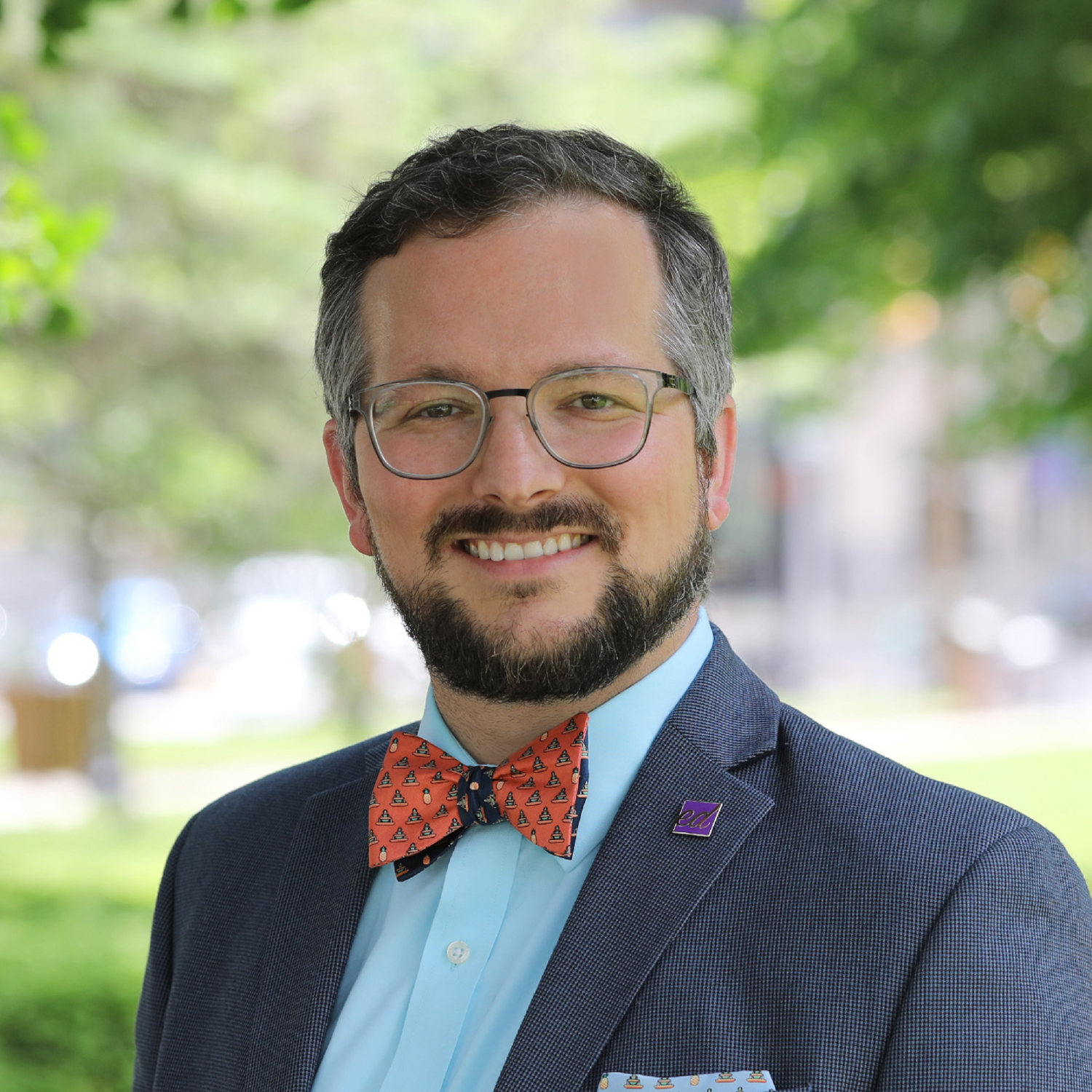How Private Schools and Groups Serving Schools and Families Could Be Eligible for Forgivable Loans
Last week, the federal government approved $2 trillion (I’ve never actually typed that out before, it’s a big number—let it sink in) in stimulus dollars to help individuals and organizations through the Coronavirus Aid, Relief, and Economic Security Act (CARES Act). Of that, $349 billion is allocated to the Payroll Protection Program, which is the Small Business Administration (SBA) forgivable loan program for businesses and nonprofits.
Each entity may be eligible for a loan of up to $10 million with some or all of the loan being forgivable. That includes private schools and organizations that are helping families and students through these difficult times.
Here’s a checklist for who is eligible:
• Businesses—including nonprofits, veterans organizations, Tribal business concerns, sole proprietorships, self-employed individuals and independent contractors—with no more than 500 employees.
• Businesses in certain industries with more than 500 employees that are small under SBA Size Standards.
• Nonprofit organizations with an effective IRS letter of determination—501(c), 501(d), or 501(e)—or satisfactory evidence from the state that they are a nonprofit or a faith-based organization.
• Your business, mortgage, rental contract, or business loan must have been in effect prior to Feb. 15, 2020.
All owners of applicants with greater than 20 percent ownership stake must:
• Not be (or have any owner not be) presently suspended, debarred, proposed for debarment, declared ineligible, voluntarily excluded from participation in the loan transaction by any Federal department or agency, or presently be involved in any bankruptcy.
• Not have ever obtained (or have any owners or business owned or controlled obtained) a direct or guaranteed loan from SBA or any other Federal agency that is currently delinquent or has defaulted in the last seven years and caused a loss to the government.
• Not be presently subject to an indictment, criminal information, arraignment or other means by which formal criminal charges are brought in any jurisdiction, or presently incarcerated, on probation or parole.
• Not within the last seven years for any felony or misdemeanor for a crime against a minor have been convicted, pleaded guilty, pleaded nolo contendere, been placed on pretrial diversion, or have been placed on any form of parole or probation (including probation before judgment).
• Be a U.S. Citizen or have Lawful Permanent Resident status.
Businesses can borrow up to 2.5 times their average monthly payroll from the previous year and can include U.S.-based contractors and part-time employees in their calculations. However, for the purposes of this loan, payroll is capped at $100,000 per employee. This loan is capped at $10 million.
The loan amounts will be forgiven as long as:
• The loan proceeds are used to cover payroll costs, and most mortgage interest, rent, and utility costs over the eight-week period after the loan is made; and
• Employee and compensation levels are maintained.
An additional 25 percent of the amount may also be forgiven if spent on mortgage interest, rent and utility payments.
To be clear: You must maintain staff and payroll through the term of the loan. Basically, don’t decrease full-time headcount, don’t decrease salaries by more than 25 percent for any employee that made less than $100,000 in 2019, and don’t spend more than 25 percent of the loan on mortgage interest, rent and utility payments, and THE LOAN WILL BE FORGIVEN.
Let’s say you’re a small private school with non-profit status as of Feb. 15, 2020. In 2019 you had 7.5 full-time employees on staff for a monthly payroll cost of $30,000. You could be eligible for a $75,000 loan that can be entirely forgiven as long as you spend the monies as laid out above. Religiously-affiliated schools should note section 5 beginning on page 27 of the SBA Interim Final Rule.
Instead of paying staff a lower salary so you can ensure that students and families are taken care of, you’d be able to take care of your staff, too. And right now, everyone could use a little help. These loans are distributed on a first-come-first-served basis, so you’ll want to get your application in quickly. Check out the link below from the SBA for more information and contact your lender now with (1) your payroll records from the past twelve months including compensation for any individuals making more than $100,000 or any individuals who primarily reside outside the U.S., (2) entity formation documents such as articles of incorporation and (3) application to be in the first waves of applications on April 3, 2020:




